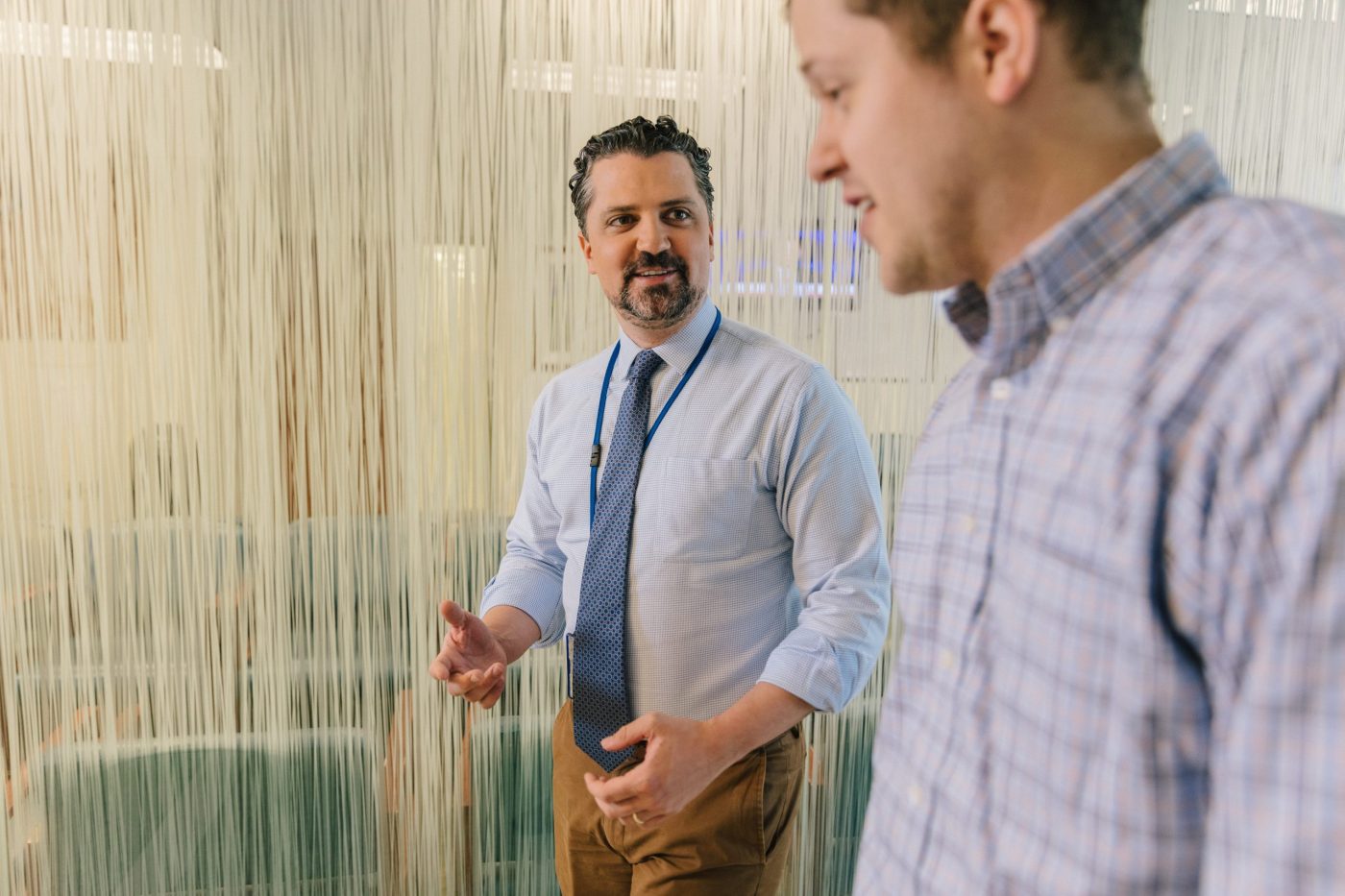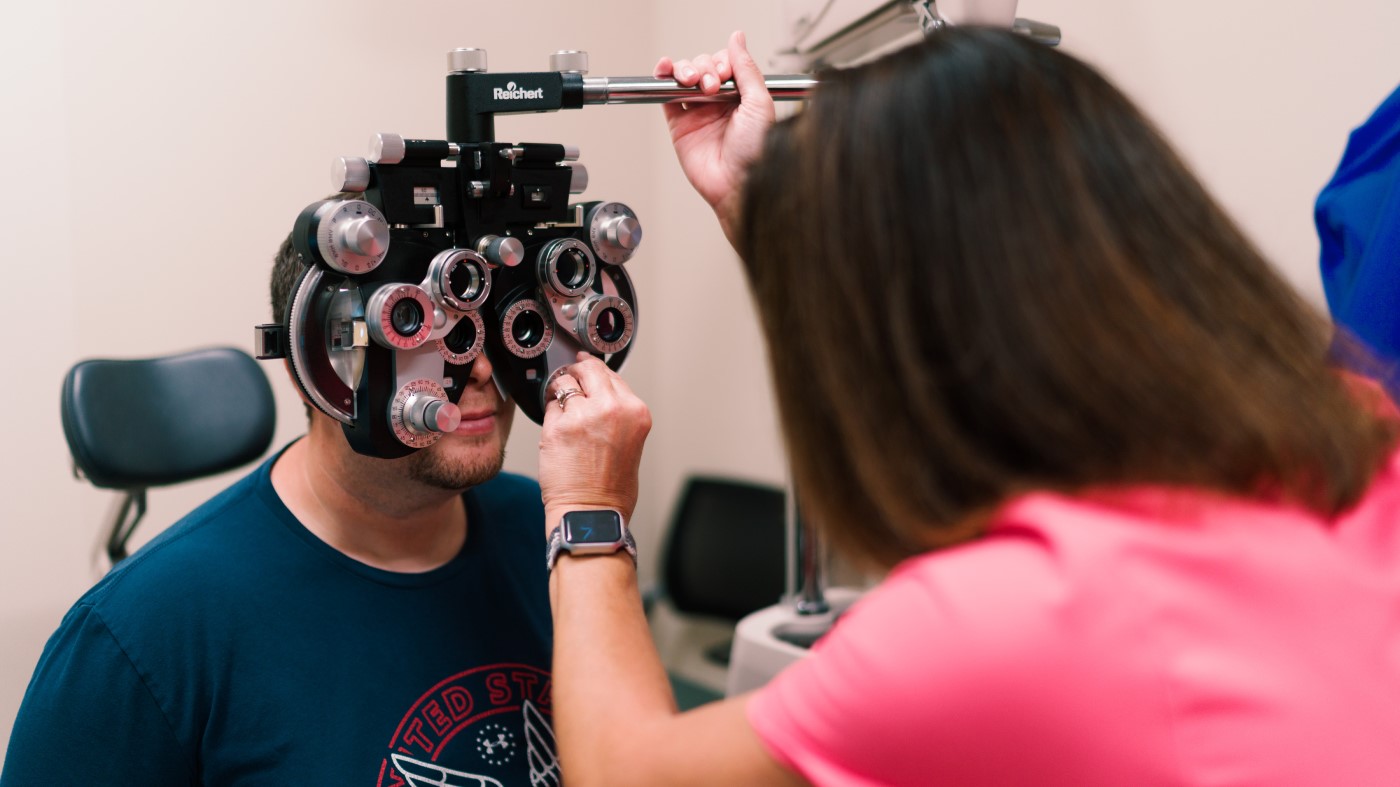Nearly every service member leaves the U.S. military with medals marking their accomplishments, but some also leave with thoughts and emotions that are difficult to understand. To help Veterans navigate these feelings, peer specialists work across VA to share their own success stories and encourage positive health habits.
As a peer specialist, you’ll let other Veterans know that they have someone at VA who understands where they’ve been, and where they’re trying to go. While a peer specialist certification is needed for the job, military service and recovery from a mental health condition are the defining experiences that connect you to the Veterans you will serve.
You don’t have to pick between a fulfilling career and strong benefits to join VA. As you work with our team of over 1,350 peer specialists, you can improve a Veteran’s outlook on life while also enjoying your own.
Between paid vacation days, great insurance options, upward job growth, and the satisfaction of knowing you made a difference, plus more, a career as a peer specialist is an exciting opportunity for transitioning military personnel.
Work at VA
If supporting the mental health of Veterans through your own lived experiences is your calling, start your journey toward a peer specialist job at VA. Learn more at VA Careers.
Topics in this story
More Stories
Whether it’s access to the great outdoors or a calmer pace in your everyday life, you can find it in rural VA communities around the country.
We offer some quick and easy steps to show you how to format a cover letter, and what information to include.
The eye care provided by ophthalmologists can make all the difference to our Veteran patients.






How would veterans who previously retired from the federal government go about applying for the Peer Specialist position as a consultant? I retired from the Foreign Service and there would be serious negative consequences for a federal retiree returning to work for the federal government.
I served as a Marine Corps combat veteran in Vietnam. and have interacted with veterans of that era, along with many younger veterans (my son is currently in the Marine Corps). As well, I recently received a Master of Psychology degree (which is in addition to a Master of Business Management degree).
Can a veteran with ptsd help with a group or a perr specialist as a volunteer?